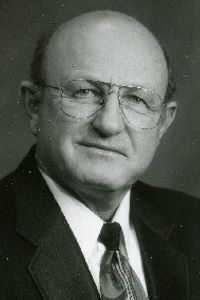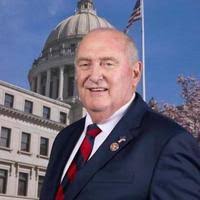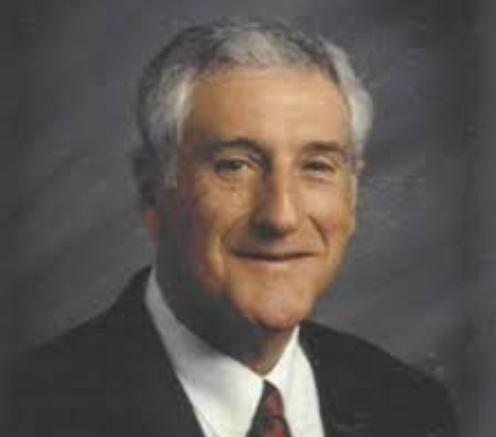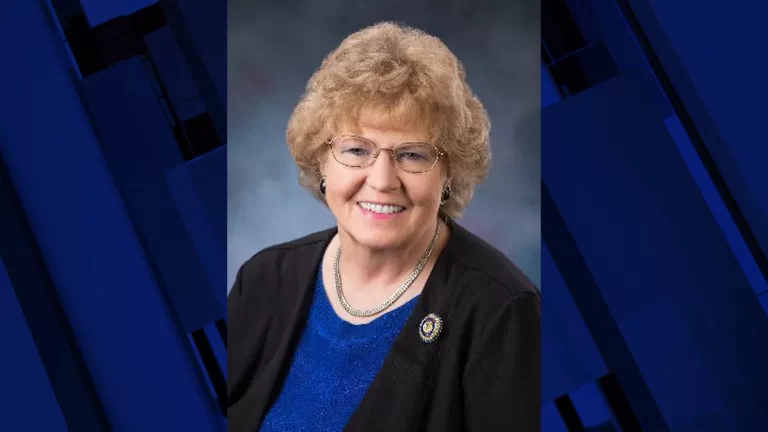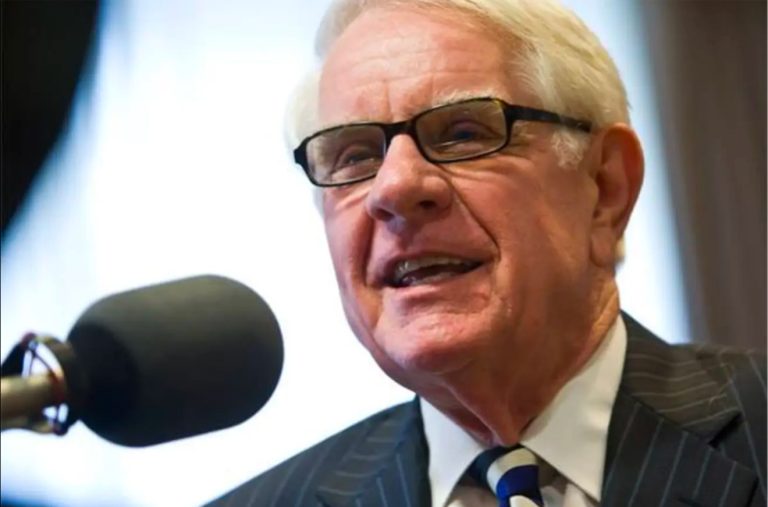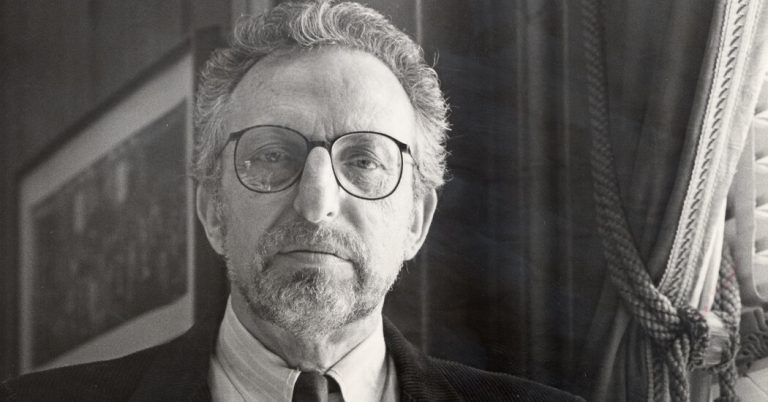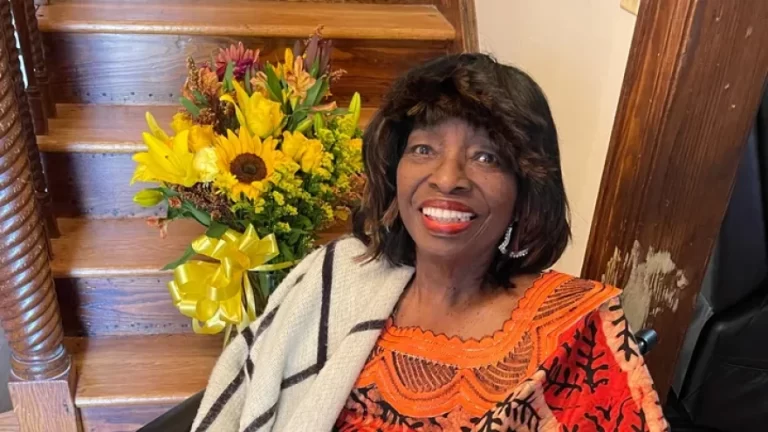The Different Branches of Politics, Courts, and the Roles of Politicians, Judges, and Lawyers
Politics is a complex and dynamic field that shapes the governance of societies, defines laws, and influences how people interact within a state or nation. It plays a critical role in the development of policy, the protection of rights, and the functioning of institutions that maintain order. Within the realm of politics, there are multiple branches, each with its own set of responsibilities and professionals who help navigate the system. This article will explore the various branches of politics and the crucial roles of politicians, judges, and lawyers in shaping public life and law.
1. Branches of Politics
Politics can be divided into several branches, each dealing with different aspects of governance, policy, and public life. These branches work together to ensure that society functions smoothly and that laws are created and enforced in a fair manner.
a) Legislative Branch
The legislative branch is responsible for making laws. Politicians in this branch work in elected bodies such as parliaments, congresses, or assemblies to create, amend, or repeal laws. These lawmakers represent the interests of the public, and their role is critical in shaping the legal framework that governs society.
- Politicians: Elected officials like senators, representatives, and members of parliament are the key figures in the legislative process. They debate, propose, and vote on laws that affect everything from economic policy to social welfare. Prominent politicians such as Winston Churchill, Franklin D. Roosevelt, and Angela Merkel have left their mark on history through their work in the legislative field.
b) Executive Branch
The executive branch is responsible for implementing and enforcing the laws passed by the legislature. This branch is headed by the president, prime minister, or monarch, depending on the country’s system of government.
- Politicians: The executive is led by elected politicians who are tasked with running the government and making critical decisions on national and international matters. Famous political figures such as John F. Kennedy, Margaret Thatcher, and Nelson Mandela have had significant influence in the executive branch, shaping both domestic and foreign policy.
c) Judicial Branch
The judicial branch is responsible for interpreting the laws and ensuring justice is served. It includes courts, judges, and other legal professionals who resolve disputes, uphold individual rights, and ensure that the laws are applied fairly.
- Judges: Judges, appointed or elected depending on the country, play a crucial role in interpreting the law and delivering justice. They ensure that laws are applied impartially, protect constitutional rights, and resolve legal disputes. High-profile judges such as Ruth Bader Ginsburg and Thurgood Marshall have made landmark decisions that continue to shape the legal landscape.
- Lawyers: Lawyers are legal professionals who represent clients in legal matters, whether in courts or outside the courtroom. They are responsible for advising individuals, businesses, and even governments on legal matters. Attorneys like Clarence Darrow, Mahatma Gandhi, and Robert F. Kennedy are examples of lawyers who have had a significant impact on legal history.
2. Role of Politicians
Politicians are individuals who seek or hold public office, and they are integral to the functioning of the political system. They represent the interests of the people, push for policy changes, and oversee the administration of the country. Politicians can work at the local, national, or international level, and they often work in tandem with other branches of government to create and implement policies.
- Political Campaigns: Politicians run for office through political campaigns, where they outline their positions on various issues, such as healthcare, education, and national security. Through their campaigns, they seek to persuade the public to support their vision for the future.
- Public Service: Politicians are in positions of leadership, making decisions that affect public policy, welfare, and national security. They work to address the needs of their constituents and ensure that the government functions efficiently.
- International Politics: Politicians, particularly those in higher offices such as presidents and prime ministers, play a key role in shaping international relations. They negotiate treaties, form alliances, and represent their countries on the global stage. Political figures such as Winston Churchill, Mahatma Gandhi, and Aung San Suu Kyi are examples of politicians whose influence reached beyond their own nations.
3. Role of Judges
Judges hold one of the most important positions in the judicial system. They interpret the law, preside over trials, and ensure that justice is fairly administered. The decisions they make can have far-reaching consequences, influencing the lives of individuals and the direction of society.
- Court Decisions: Judges are responsible for issuing rulings in criminal and civil cases, based on the facts presented and the law. Their decisions must be fair, impartial, and grounded in legal principles.
- Upholding the Constitution: Judges play a vital role in protecting constitutional rights and ensuring that laws do not violate the fundamental principles of justice. They may rule on cases involving freedom of speech, equality, or the separation of powers.
- Legal Precedents: Judges set legal precedents through their rulings, which can influence future legal decisions and shape the interpretation of laws. In common law systems, the decisions made by judges in higher courts are used as precedents for future cases.
4. Role of Lawyers
Lawyers, also known as attorneys, are legal professionals who represent individuals, corporations, or even the state in legal matters. They play a crucial role in the judicial system, helping clients navigate the complexities of the law and ensuring their rights are protected.
- Advocacy: Lawyers advocate on behalf of their clients in both criminal and civil cases. They present evidence, make legal arguments, and attempt to secure favorable outcomes for their clients.
- Legal Counsel: Lawyers provide legal advice to individuals and organizations, helping them understand the implications of their decisions and guiding them through the legal process.
- Pro Bono Work: Many lawyers provide free legal services to those who cannot afford to hire an attorney. This pro bono work ensures that everyone, regardless of their financial status, has access to justice.
5. Interaction Between Politicians, Judges, and Lawyers
In the political system, the work of politicians, judges, and lawyers is interconnected. Politicians create and pass laws, which judges interpret and enforce. Lawyers represent clients, helping them navigate the legal system, and advocating for justice in courts. The relationship between these professionals is vital in ensuring a fair and functional system of government and law.
- Policy and Lawmaking: Politicians craft policies that reflect the needs and values of society. However, these policies must be legally sound, which is where lawyers come in. Judges ensure that these policies comply with the constitution and uphold the rights of citizens.
- Legal Reforms: Politicians often initiate legal reforms, and lawyers play an essential role in advising on the impact of such reforms. Judges may also be involved in interpreting and applying these reforms in specific cases.
Conclusion
Politics, courts, and the roles of politicians, judges, and lawyers are all crucial elements of a functioning society. Politicians create laws and policies that shape the direction of the country, judges interpret these laws to ensure fairness and justice, and lawyers provide legal representation to individuals and organizations. Together, these professionals uphold the principles of democracy and the rule of law, ensuring that justice is served and rights are protected.
In this complex system, the work of politicians, judges, and lawyers ensures that society remains just, fair, and governed by the rule of law. Whether in legislative halls, courtrooms, or political campaigns, their efforts shape the future of the nation and influence the lives of its citizens.

